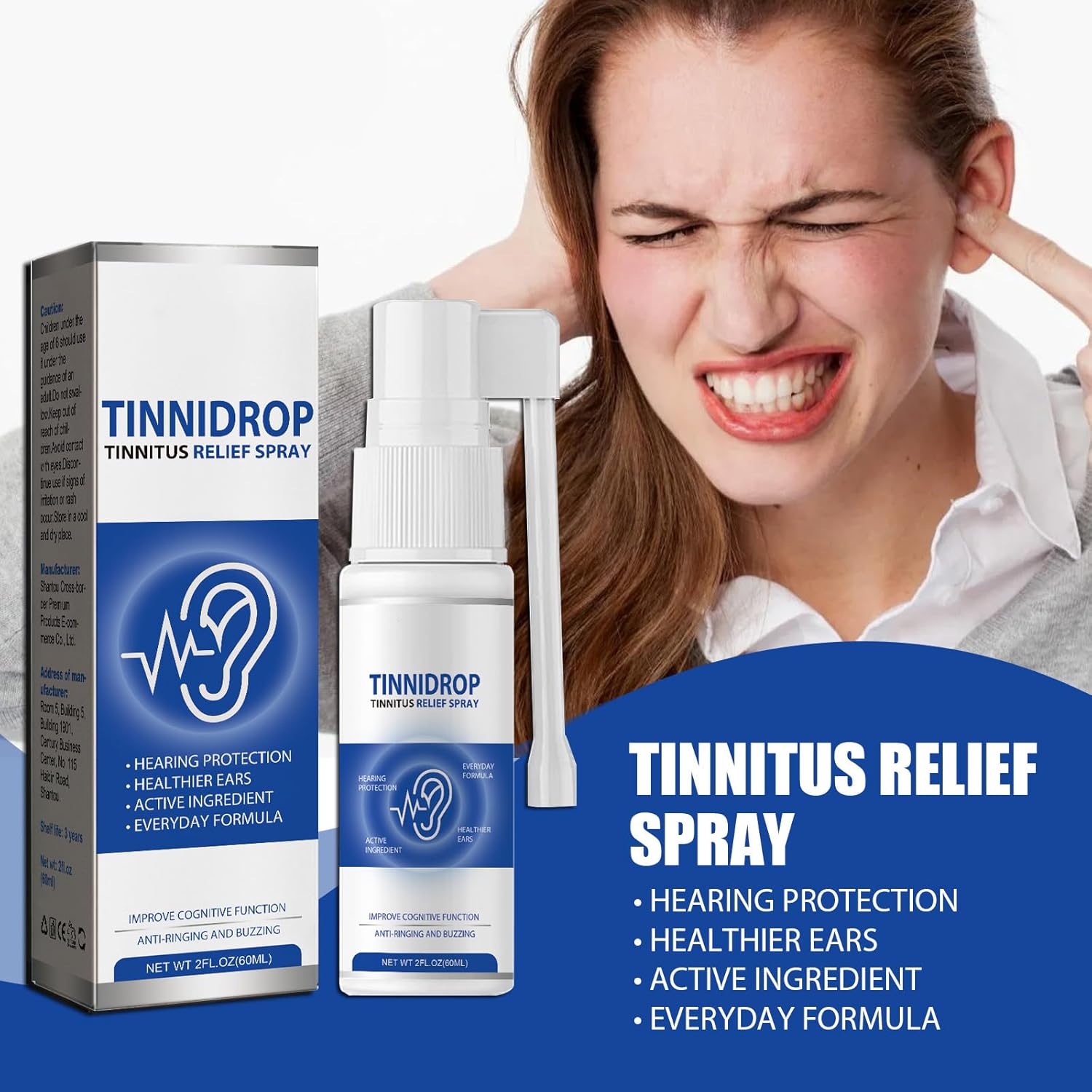Earache With Sinus Infection

The pains of dealing with a sinus infection can be overwhelming, and when an earache is added to the mix, it can become a frustrating and debilitating experience. For many, the connection between sinus infections and earaches may not be immediately clear, but understanding this relationship is key to finding effective relief.
A sinus infection, also known as sinusitis, occurs when the sinuses become inflamed or infected, typically due to a viral or bacterial infection. This inflammation can cause a range of symptoms, including congestion, facial pain, headache, and thick, discolored nasal discharge. When the Eustachian tube, which connects the middle ear to the back of the throat and helps regulate air pressure, becomes blocked due to sinus inflammation, it can lead to an earache.
The Eustachian tube plays a crucial role in maintaining the health of the middle ear. Under normal circumstances, it opens and closes to allow air to enter the middle ear, equalizing the air pressure on both sides of the eardrum. However, when the sinuses are infected, the resulting congestion and swelling can cause the Eustachian tube to become blocked. This blockage prevents the tube from functioning properly, leading to a buildup of fluid in the middle ear, which can cause pain, discomfort, and even hearing difficulties.
Understanding the Symptoms
Recognizing the symptoms of a sinus infection-related earache is crucial for seeking timely medical attention. Common symptoms include:
- Ear pain: This is often the most noticeable symptom and can range from mild discomfort to severe pain.
- Fullness in the ear: The feeling of fullness or blockage in the ear is common due to the fluid buildup.
- Hearing difficulties: In some cases, the fluid in the middle ear can affect hearing, leading to temporary hearing loss or muffled sounds.
- Sinus pressure: Pain and pressure in the face, particularly in the areas surrounding the sinuses.
- Nasal congestion: Difficulty breathing through the nose due to blocked nasal passages.
- Discolored nasal discharge: Thick, yellow or green nasal discharge is a common symptom of a sinus infection.
Treatment and Relief
Fortunately, there are several treatment options and home remedies that can provide relief from a sinus infection-related earache. These include:
- Over-the-counter pain relievers: Medications like acetaminophen or ibuprofen can help reduce pain and fever.
- Nasal decongestants: These can help reduce nasal congestion and relieve sinus pressure.
- Antibiotics: If the sinus infection is caused by bacteria, antibiotics may be prescribed. However, for viral infections, antibiotics will not be effective.
- Steam inhalation: Breathing in warm, moist air can help loosen mucus and reduce congestion.
- Neti pot or saline nasal spray: Rinsing the nasal passages with saline solution can help clear out mucus and debris.
Relieving Earache Symptoms at Home

- Apply a warm compress to the affected ear to help alleviate pain.
- Use over-the-counter ear drops as directed to help relieve ear pain and reduce inflammation.
- Elevate your head while sleeping to reduce congestion and promote drainage.
- Avoid blowing your nose too hard, as this can push mucus and bacteria further into the sinuses.
Preventing Future Episodes
While it’s impossible to completely eliminate the risk of sinus infections and related earaches, there are steps you can take to reduce your likelihood of experiencing these issues:
- Practice good hygiene: Regularly wash your hands, especially during cold and flu seasons, to reduce the transmission of viruses.
- Stay hydrated: Drinking plenty of fluids can help thin out mucus, making it easier for your body to clear out your sinuses.
- Use a humidifier: Dry air can exacerbate sinus issues; using a humidifier can help maintain a healthy moisture level in your home.
- Avoid irritants: Smoking and exposure to secondhand smoke can irritate the sinuses and increase the risk of infection.
How long does it take for a sinus infection-related earache to heal?
+The healing time can vary depending on the severity of the infection and the effectiveness of the treatment. With proper care and medication, symptoms can start to improve within a few days, but it may take up to two weeks for a full recovery.
Can sinus infections be prevented?
+While not all sinus infections can be prevented, practicing good hygiene, staying hydrated, and avoiding irritants can reduce the risk of developing sinus infections and related earaches.
When should I seek medical attention for an earache and sinus infection?
+Seek medical attention if your symptoms worsen, if you experience severe pain, if you have a fever over 102°F, or if you notice any signs of complications such as facial swelling or difficulty breathing.
In conclusion, understanding the connection between sinus infections and earaches is essential for managing and treating these conditions effectively. By recognizing the symptoms, exploring treatment options, and taking preventive measures, individuals can better navigate the challenges of dealing with a sinus infection-related earache and work towards a healthier, more comfortable life. Remember, if you’re experiencing persistent or severe symptoms, consulting with a healthcare professional is the first step towards finding relief and healing.